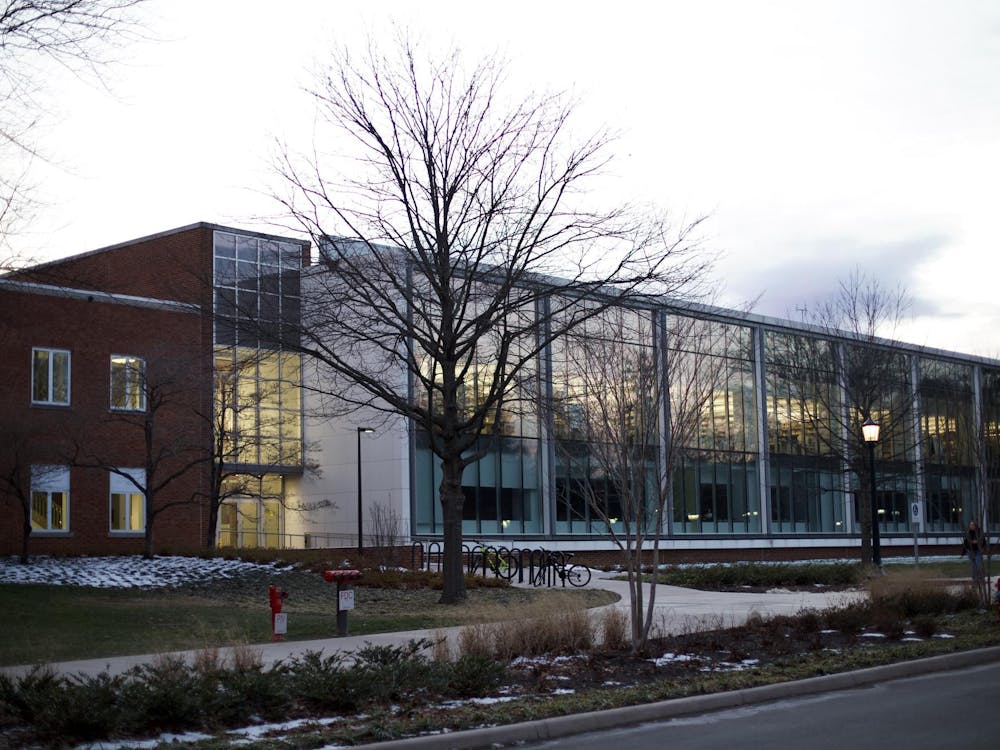Free speech means being able to speak out for yourself, although some organizations go further by speaking for others. The Foundation for Individual Rights in Education (FIRE) focuses directly on colleges. Working in a more narrow framework, the foundation targets university policies to ensure they protect free speech.
The foundation attorneys examine college speech codes before giving a school a red, yellow or green light rating depending on each school’s policies. This intuitive triad makes free-speech issues more accessible to the non-lawyers among us. The foundation’s website has a database of the ratings and speech codes for more than 400 colleges. This accessible bank — known as the Spotlight — serves alongside a case submission form and guide to student rights that make issues of free speech amenable to student involvement.
We often think free speech means having the freedom to misquote Jefferson. But the story of the foundation at the University actually embodied his pillars of expression and student self-governance. Cavalier Daily alumna Ginny Robinson worked with the foundation and Dean of Students Allen Groves to alter University codes. We went from a “red light” in 2010 to two consecutive years of “green light,” meaning we lack any censorial policies. There are only 16 “green light” colleges, and our trip from red to green wasn’t too difficult.
In an email, Groves explained the changing of signals. A foundation representative, invited by students, had traveled to Grounds to speak. Groves listened, and then asked the foundation why we had a red light. The foundation responded in turn. So, Groves worked to correct the policies, and the University got the green light, making us something of a darling for the foundation and a template for other colleges. The foundation proclaimed us one of the seven best colleges for free speech Thursday, for the second consecutive year since the list of top colleges started.
But this does not mean student speech rights are absolute; there are still speech limits on Grounds. Groves said decisions about protests are made “based on reasonable time, place and manner considerations,” criteria the Supreme Court has upheld as checks on the First Amendment. Thus regardless of any green light, the freedom of speech on Grounds is to be determined on a case-by-case basis. Generally, the administration has done a fair job. Groves noted in particular the absence of excessive police force during the summer rallies for University President Teresa Sullivan. Yet the Living Wage Campaign was barred from protesting in Madison Hall last spring because work would be disrupted, Groves said. And President Barack Obama was prevented from talking on central Grounds last week for fear of interrupting classes.
Until speech-friendly policies are put to the test they are not enough to ensure the protection of the First Amendment. It will take continual cooperation between students and deans to ensure that considerations of “reasonable time, place and manner” are fairly applied. Although we should celebrate another award from the foundation and the work done in 2010, a green light is just a signal unless we have the drive.





